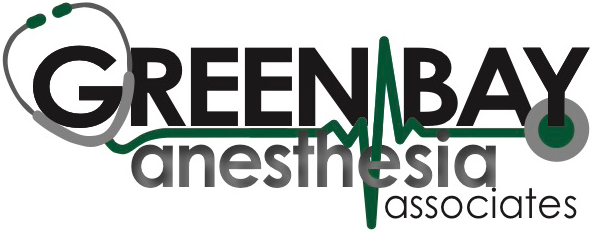Preoperative Care
Information in this area is relevant to anyone planning to receive an anesthetic. Please read this information carefully, prior to going to your specific area of interest.
GBAA PRE-OP Guidelines
-
Patients scheduled for surgery should abstain from eating or drinking on the day of surgery to maximize safety and flexibility on their surgical day. At a MINIMUM, children and adults should STOP eating solid foods 8 hours prior to surgery, should stop drinking clear liquids (black coffee, plain tea, water, apple juice, gum chewing, etc…) 2 hours prior to surgery. Failure to comply with these guidelines will likely result in delay and possibly cancellation of your surgical procedure. Nursing infants should stop receiving formula/breast milk 4 hours prior to surgery.
-
Patient’s scheduled to have an elective procedure should arrive at the time provided by the hospital. Patients arriving at the hospital will first go to the Registration desk to be checked in. This includes confirmation of their identity, their surgical procedure, review of their medical history/allergies, determination of the time of their last drink/meal, administration of any preoperative medications ordered by the surgeon, and signing of their consent for surgery. ATTN! PLEASE NOTE that many of the same questions asked during this initial “check-in” will be repeated several times by different health care providers prior to surgery. This is done to confirm vital information and for the safety of the patient having surgery! Once checked into the hospital, patients are brought to the preoperative care unit (POCU). In the POCU patients will meet the POCU registered nurse (RN), as well as the medical staff involved in their surgery. Your assigned anesthesiologist will first meet you in the POCU. He will ask you a series of questions, review the risks, benefits, and alternatives of your anesthetic, and answer any questions you might have.
-
For some procedures, such as many orthopedic procedures, a nerve block may be discussed with you to reduce your post-operative pain. These are typically done in the pre-operative area before going back to surgery. You will first receive medication to make you comfortable although not completely asleep. Your anesthesiologist will then use an ultrasound and/or nerve stimulator to find the nerves which go to the area where you are having surgery. They will then use a very small needle to inject local anesthetic numbing medications around the nerve. This often provides very good pain relief for a period of time after surgery and reduces the need for other pain medications which make many people feel sick. These nerve blocks are only helpful for some procedures, so your anesthesiologist will discuss them with you if appropriate.
